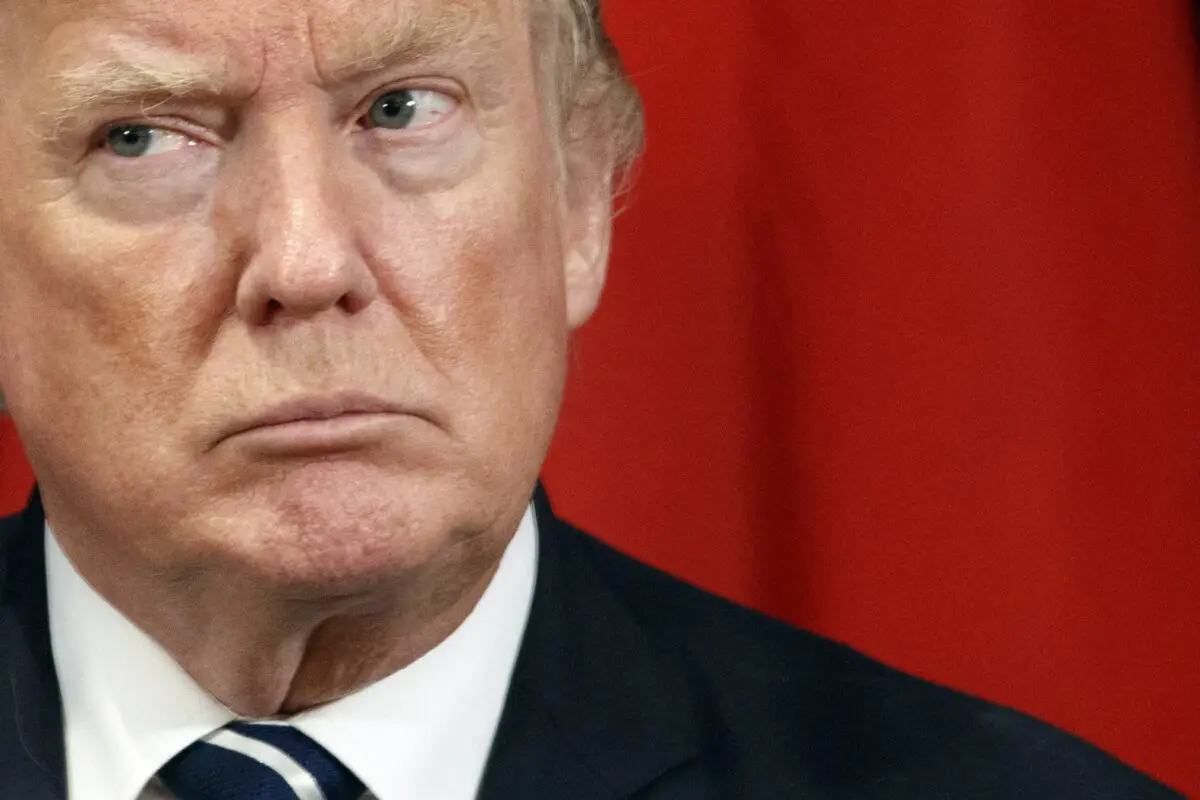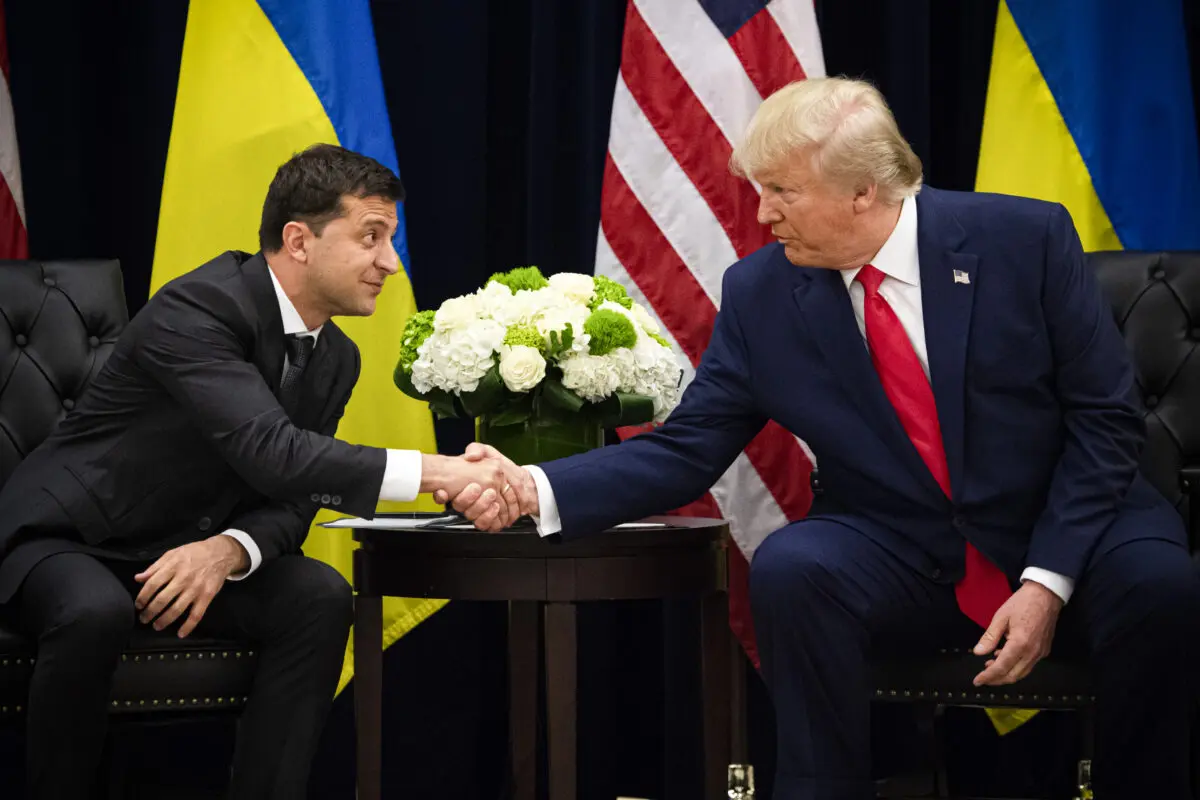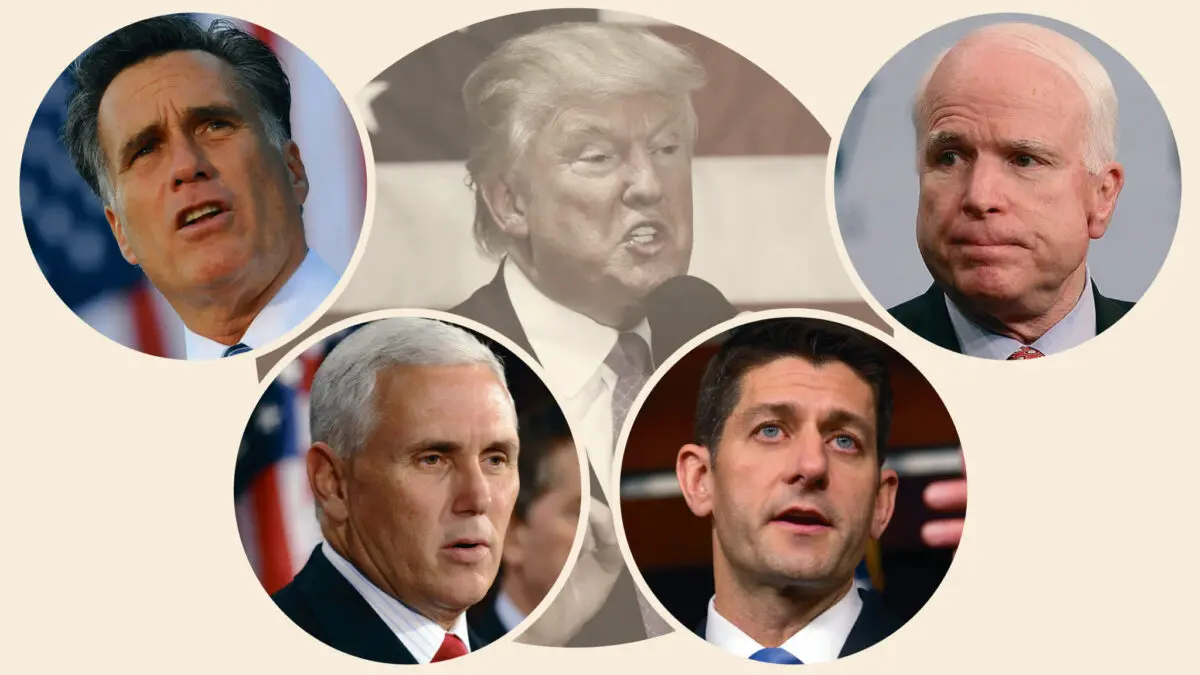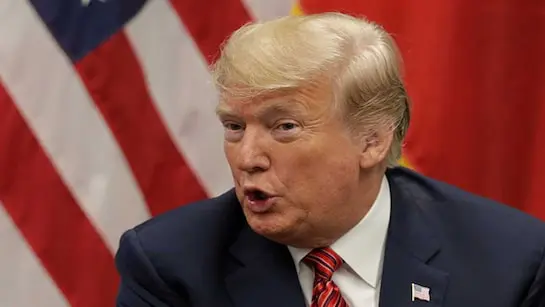In a shocking turn of events, President Donald Trump’s late-night purge of independent inspectors general has stirred a whirlwind of controversy. The political landscape is rife with concerns about executive overreach and the erosion of accountability in government. This blog post takes a deep dive into the implications of this scandal, illuminating how these actions echo historical abuses of power and threaten the integrity of democracy itself.
The firing of inspectors general is not merely an administrative shift; it represents a troubling move towards centralized power and control, undermining the very principles that safeguard our government from corruption. The implications of these actions unfold in layers, showcasing a narrative that reflects both the fragility of democratic institutions and the necessity of vigilant oversight. Read on as we unpack the intricacies of this unfolding saga.
The Purge: What Happened?
On the night of January 27, President Trump initiated a controversial purge involving at least 15 independent inspectors general. These officials are critical watchdogs designed to safeguard against corruption, fraud, and abuse within various departments, including defense and health services. Trump justified this action by labeling it ‘very standard,’ a statement that many legal experts and political analysts deem an effort to normalize what they view as unlawful behavior.
This massive midnight overhaul raises numerous questions about the legality and ethics of such a decision. Notably, federal law typically mandates that the president provide Congress with a substantial rationale for dismissals at least 30 days prior to removal. The disregard for these requirements has prompted significant backlash from both sides of the political aisle. As many citizens and lawmakers express their outrage, the broader implications of this abrupt dismissal become increasingly evident. How will it affect citizens’ trust in their government, and what does it say about the current political climate?

The Role of Inspectors General
Inspectors general play an essential role in maintaining transparency and accountability within the government. They help to uncover mismanagement and abuse of power, acting as a crucial line of defense for the American public. The significance of their work cannot be understated; they provide oversight that safeguards taxpayer dollars and ensures government agencies operate within legal boundaries.
In light of this recent purge, the absence of these watchdogs raises pressing concerns. Who will hold these agencies accountable when rogue elements seek to operate without scrutiny? As Jennifer Rubin aptly noted, the removal of inspectors general mirrors ‘taking the police off the streets,’ creating an environment where misconduct can thrive without fear of retribution.
The potential fallout from this purge is substantial. It not only compromises individual departments but also weakens the system of checks and balances that underpins democracy. Without competent overseers, the risk of rampant corruption increases, creating a situation reminiscent of past scandals that shocked the American public.
The Reaction from Congress and Citizens
The response to Trump’s unprecedented move has been swift and multifaceted. Lawmakers from both parties have expressed alarm at the implications of the dismissals. Some Republicans have been quick to downplay the issue, suggesting that ‘some inspectors general don’t do their job.’ However, these sentiments have not resonated well with constituents who view the firings as a blatant attempt to undermine accountability.
Public opinion is equally divided. While Trump’s supporters may see this as a bold maneuver to reshape the government, critics argue that it sets a dangerous precedent. The narrative surrounding this incident encapsulates a wider dialogue about the erosion of accountability within the government—a trend that poses significant risks to the democratic process.
Engagement from the public is vital during these turbulent times. Citizens must hold their representatives accountable and demand answers about the actions taken by the Trump administration. This is a moment when civic involvement is more crucial than ever. The question remains: how will citizens mobilize to confront the authoritative overreach at play?

Legal Implications and Future Consequences
The legality of the inspector general purge is under scrutiny, with many legal analysts suggesting that Trump’s actions could lead to prolonged litigation. The administration’s defense of their actions may not hold up when juxtaposed against federal laws established to protect these officials. The potential for judicial challenges brings an additional layer of complexity to this situation.
As the scenario unfolds, the consequences could set a critical precedent for future administrations. If Trump manages to evade accountability for this action, it could embolden future leaders to engage in similar purges, further weakening the frameworks designed to protect democratic integrity. The ramifications of this incident may well echo through the corridors of power for years to come, fundamentally reshaping the relationship between the executive branch and the mechanisms in place that deter corruption.
The Media’s Role in Reporting Scandals
The media plays a pivotal role in informing the public about such significant events. Yet, coverage of this purge has revealed disparities in how different outlets are portraying the issue. While some media sources have provided in-depth analyses, others seem to downplay the gravity of the situation. This creates confusion among the electorate and can lead to disengagement from critical news stories.
It’s essential that the media fulfills its duty to elucidate the complexities of government actions, especially in the wake of such a profound scandal. Investigative journalism provides the necessary context to help the public understand what is at stake. Reporting must go beyond simple headlines; it should explore the implications and historical significance of actions taken by those in power.
To combat misinformation and superficial coverage, the public must be proactive in seeking out comprehensive news sources that are committed to holding power accountable. The responsibility lies not only with journalists but also with citizens who demand transparency and accuracy from the media.

Moving Forward: Advocacy and Activism
In light of the upheaval surrounding the inspector general firings, advocacy and activism are essential tools for citizens who seek to restore democratic accountability. Grassroots movements and community organizations must mobilize to challenge efforts that seek to undermine transparency in governance.
Engagement on local and national levels is crucial. Citizens can organize rallies, write to their officials, and use social media platforms to raise awareness about the risks associated with the recent purge. By building coalitions that advocate for accountability, citizens can amplify their voices and make demands that resonate with lawmakers.
The collective action of concerned citizens can pave the way for system-wide reforms that promote transparency and protect the integrity of democratic institutions. History has shown that civic engagement can lead to meaningful change, and now is the time for citizens to rally together.
The Broader Implications for American Democracy
This latest scandal sheds light on broader issues within American democracy. The erosion of trust in government institutions, combined with a hostile atmosphere toward accountability, presents significant challenges for the future. These developments can potentially lead to an environment where corruption flourishes unchecked.
Importantly, the implications extend beyond just the current administration; they touch upon the foundation of governance itself. If American citizens fail to act in defense of their democratic rights, the consequences could resonate for generations. The health of democracy is a shared responsibility, and it is imperative for individuals to engage in the political process actively.
As this situation continues to develop, it will serve as a litmus test for the resilience of democratic institutions. Will the American public rise to the occasion and demand accountability, or will we witness a gradual acceptance of abuses of power? The outcome remains uncertain, but one thing is clear: the way forward may be paved with obstacles, yet the pursuit of justice must remain unwavering.

Source: newrepublic.com
Hi, I’m Sarah, a 30-year-old journalist with a passion for storytelling and uncovering the truth. I strive to bring important issues to light and connect with my audience through compelling narratives.



